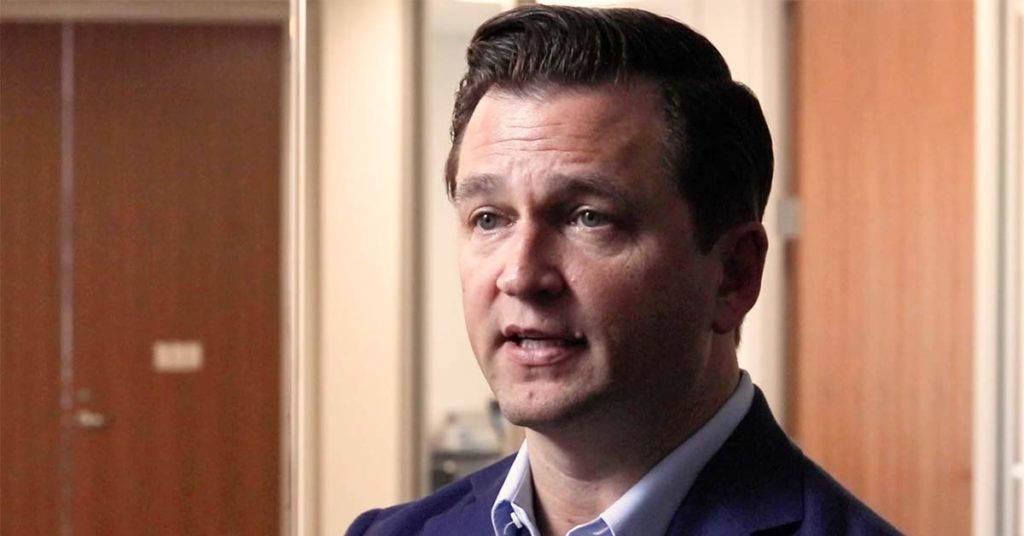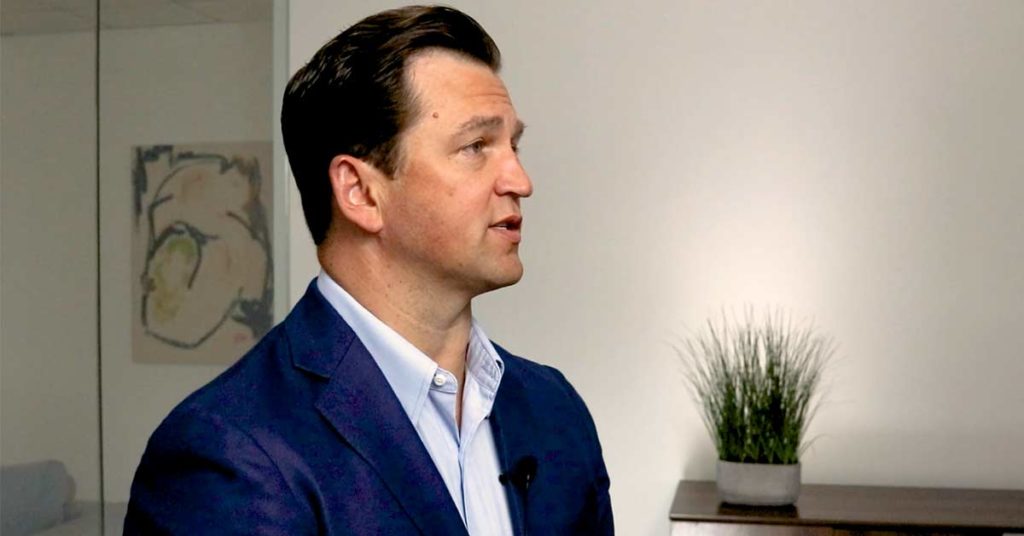Do you have a loved one who is having trouble handling their financial affairs or are struggling to manage their food and healthcare. If so, you should consider whether establishing a conservatorship is appropriate? Here’s an easy guide to understanding conservatorships, the process, working with an attorney, and the basic costs. Plus, we’ll cover some variations on conservatorships, including guardianship, advanced healthcare directives, LPS conservatorships, and limited conservatorships.
What is the definition of a conservatorship?
A conservatorship is when a court appoints a responsible person or group to care for an adult, specifically to make responsible financial decisions or healthcare management. The person appointed is referred to as the Conservator, and the adult being cared for is called the Conservatee. A conservatorship is created to help care for an adult who can no longer make appropriate financial or healthcare decisions, possibly due to illness, incapacity, or disability.
When to set up a conservatorship?
Typically, when an elder or disabled loved one is planning for the future and considering their own possible physical or mental incapacity, they may give a Durable Power of Attorney to a responsible adult (often their child) who is then authorized to make a wide array of financial decisions for them. The same can be done with regard to healthcare with an Advanced Healthcare Directive. However, if a loved one becomes incapacitated without a Durable Power of Attorney or Advanced Healthcare Directive, a conservatorship can be established by the court. The court will name a responsible adult a conservator, enabling them to make financial and healthcare decisions for the conservatee.
What financial decisions can be made by a conservator?
Most decisions of daily life can be made for the conservatee, by the conservator. This includes:
- Healthcare costs
- Purchasing food, clothing, etc.
- Home ownership or rental payments
- Monthly bills
- Financial investment decisions
- Transportation and travel costs
- Caregivers and caregiver costs
What are the duties of a conservator?
A conservator is a court-appointed person or group who operates as a fiduciary to the conservatee and puts the conservatee’s needs before their own. The duties of the conservator may include:
- Managing the conservatee’s living situation
- Caring for, or managing care of, the conservatee
- Working with the court to establish a care management plan for the conservatee
- Reporting to the court regarding the conservatee’s status.
Some Pros & Cons of Conservatorship
Pros of Conservatorship
Certainty
A conservatorship creates certainty as to to who has the authority to act for the conservatee. Often a loved one can be pushed and pulled by family members, friends, or even strangers. A conservatorship answers the question of who is in charge.
Protection
A conservatorship protects a conservatee from being taken advantage of by hangers on by removing their ability to handle their financial matters.
Only Alternative if Already Incapacitated
A conservatorship is often the only option for a loved one who already cannot handle their own affairs. Even if they are in a coma or has had a debilitating stroke, a conservatorship can be established to help ensure responsible financial and healthcare decisions are being made.
Cons of Conservatorship
Public Record
One downside is the fact that conservatorships are public record. What does this mean? If the conservatee is a public-figure, what already is a sensitive subject (removing someone’s decision making ability) may make a conservatorship less desirable.
Costs
Conservatorships are expensive in relation to the cost of a Power of Attorney or Advanced Healthcare Directive. An uncontested conservatorship can easily cost $10,000, and multiples of that if the conservatorship is resisted by the proposed conservatee, or if several persons seek to be appointed.
Court Supervision
Conservatorships remain under court supervisions, which require annual accountings and reports to the court, which take time and money.
What are the alternatives to conservatorship?
We consider the best alternative to be planning ahead, in the form of a Durable Power of Attorney and Advanced Healthcare Directive. If a loved one gives a responsible adult (often their child) a Durable Power of Attorney over their financial and healthcare decisions and an Advanced Healthcare Directive over their healthcare, then a conservatorship can be avoided. The caveat being that a Durable Power of Attorney and Advanced Healthcare Directive must be established while the loved one is still of sound mind and body. If they become incapacitated without, then a court-appointed conservatorship is the only way to be able to handle their affairs.
LPS Conservatorships
An LPS conservatorship is a special type of conservatorship that applies in limited circumstances, such as where a loved one suffers from disability as a result of a serious mental illness, such as schizophrenia. LPS conservatorships are not intended for adults with developmental disabilities, nor drug/alcohol addictions. LPS conservatorships cannot be initiated by private citizens. Only the public guardian can initiate an LPS conservatorship.
Do I need a probate attorney to establish a conservatorship?
Conservatorships are complex, meaning that you would be best-served to consult a probate attorney familiar with the intricacies involved in establishing a conservatorship.
How to set up a conservatorship
Enacting a conservatorship in Los Angeles, and any state or county, is a time consuming process that may take several months. Here is a brief overview of the steps.
- Filing a Petition for Conservatorship at the Los Angeles Superior Court
- Schedule a court date at Los Angeles Superior Court
- Notify conservatee’s relatives of the court date
- Attend court hearing at Los Angeles Superior Court
- The court may appoint a lawyer to represent the conservatee
- If granted, Letters of Conservatorship will be issued
- The conservator must submit a care plan to be approved by the Court
- The conservator must report annually on the status of the conservatee.
What conservatorship forms do I need in Los Angeles County?
If you would like to pursue establishing a conservatorship on your own, here’s a link to the Petition for Conservatorship form. If you’d like help, contact RMO Lawyers anytime at (424) 320-9444 or at: [email protected]
How much does it cost to create a conservatorship?
Court forms typically involve a small filing fee. Attorney fees are based on individual attorney costs, conservatorship complexity, and any associated litigation.
Need help establishing a conservatorship?
At RMO Lawyers, we help people like you everyday. So, call anytime, we’re happy to offer you a free consultation: Call (424) 390-9444 or email [email protected]
Do I need a conservatorship attorney near me?
It often helps to work with a probate attorney near you. However, it’s more important to retain a probate attorney who is familiar with the county probate court in the subject’s county of residence. For example, if the conservatee resides in Los Angeles, you may consider retaining a probate attorney familiar working with the Los Angeles Superior Court.
About RMO Lawyers, LLP
RMO LLP provides personal and efficient inheritance dispute services to individual and institutional clients. The firm’s attorneys focus on probate litigation involving contested trust, estate, probate, and conservatorship matters. Serving California and Texas, with offices in Los Angeles, Pasadena, Orange County, San Diego, Fresno, the Bay Area, Dallas, and Houston. For more information, please visit https://rmolawyers.com/.



